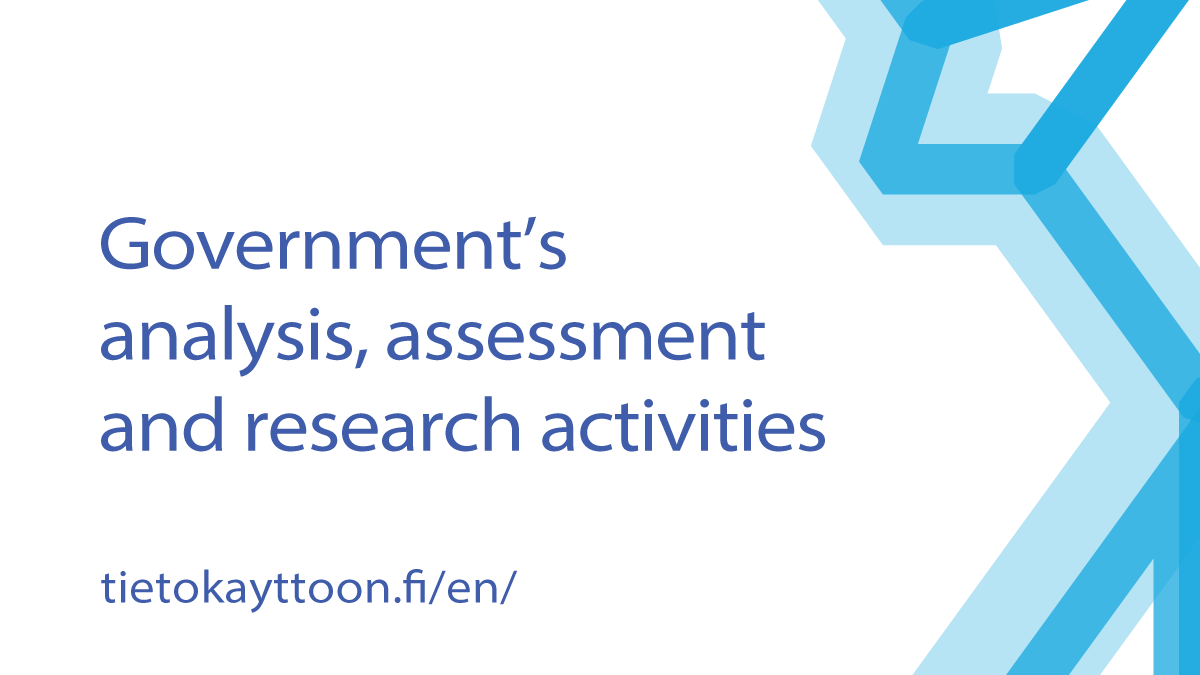Government’s analysis, assessment and research activities
Study: Sustainable management of climate migration requires national and international cooperation

A new study shows that comprehensive management of climate migration requires the right approach to climate policy and support for adaptation to climate change in the form of humanitarian aid, civilian crisis management, development cooperation, education and research, but also migration policy.
Climate migration also concerns Finland
Climate change affects different regions, countries and groups of people in different and unequal ways. Prosperous and politically stable states are better equipped than poor and fragile states to plan and implement the measures needed to adapt to and prepare for climate change. With this in mind, Finland and the European Union should consider the climate and environmental perspective even more firmly and explicitly in development work and humanitarian aid.
Migration is a way of adapting to climate change. Most migration related to climate and environmental change takes place within countries, but climate migration also takes place across national borders. The migration routes of future climate migrants are likely to follow people’s current migration routes, including to the European Union and Finland. That said, climate change might affect the safety or attractiveness of certain routes.
The Sustainable Development Goals and the perspective of human security and human rights set the conditions for managing climate migration in migrants’ regions of origin, along transit routes and in host regions. Ordinary categories of residence permits present the most important opportunities to support the protection and adaptation of climate migrants, as the categories of international protection do not effectively respond to climate migrants’ need for protection.
New solutions must be sought at the national and international level. Alongside international cooperation and partnerships, there is a need to promote cooperation between the climate and migration sectors and between different administrative sectors in managing climate migration in Finland.
The publication is part of the implementation of the Government’s plan for analysis, assessment and research for 2020.
Inquiries: Eeva-Kaisa Prokkola, University of Oulu, tel. +358 29 448 1721, [email protected], and Saija Niemi, Migration Institute of Finland, tel. +358 40 120 4168, [email protected]
The Government’s joint analysis, assessment and research activities (VN TEAS) produce data used to support decision-making, everyday operations and knowledge-based management. They are guided by the Government’s annual plan for analysis, assessment and research. The content of the reports published in the publication series of the Government’s analysis, assessment and research activities is the responsibility of the producers of the data in question and does not necessarily represent the view of the Government.


